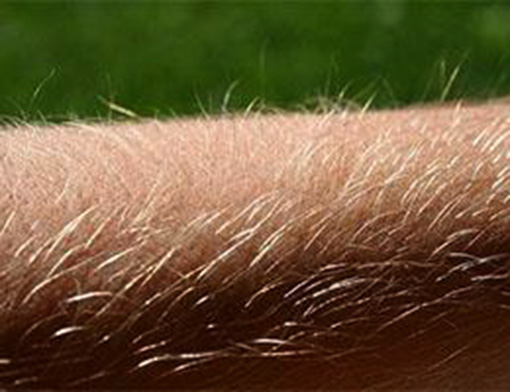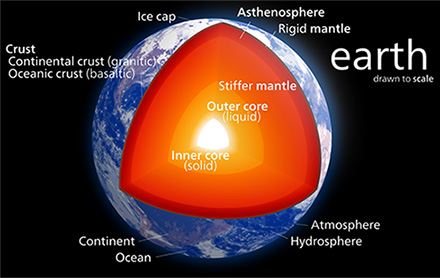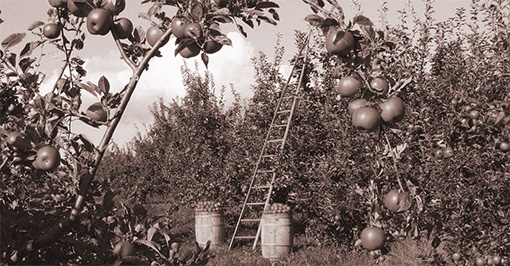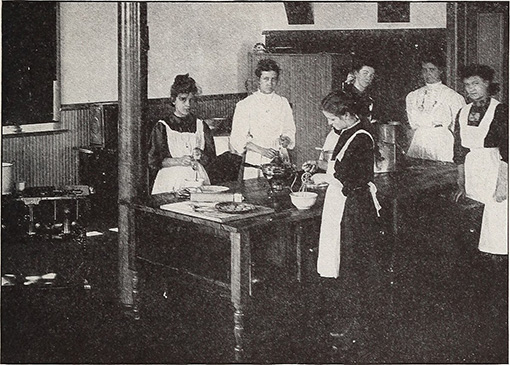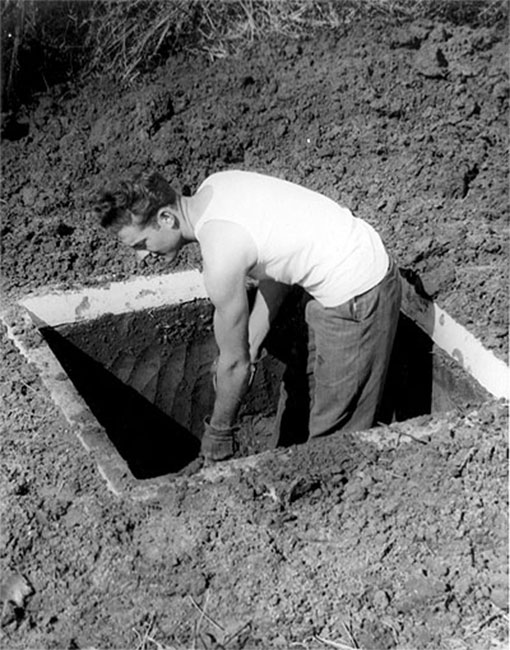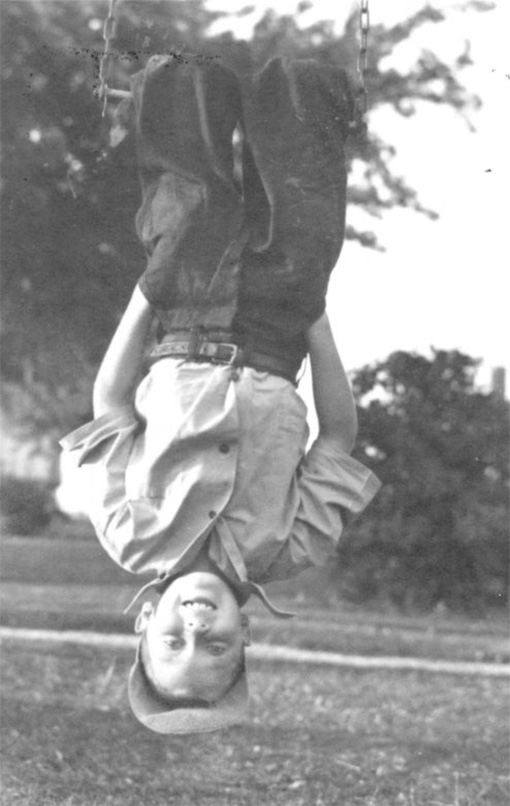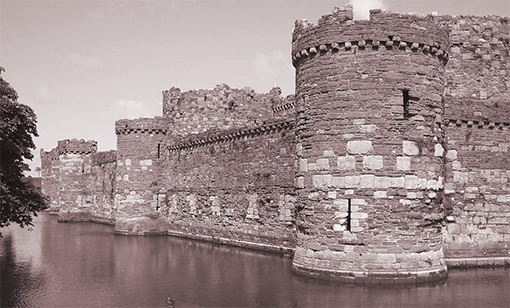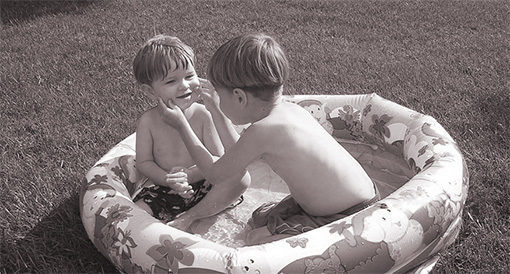Do you know what a haiku is? It is a well-known type of Japanese poem that consists of 3 lines: The first and last lines have 5 syllables. The middle line has 7 syllables. The lines rarely rhyme. Note that all the lines start with a capital letter.
This is a haiku to help you remember what a haiku is: “I am first with five, Then seven in the middle, Five again to end”.
Write a haiku about an animal on a piece of paper without naming it and read it aloud to your classmates and let them guess what animal it is about.
Here is a haiku about a frog to inspire you: “Green and speckled legs, Hop on logs and lily pads, Splash in cool water.”





























